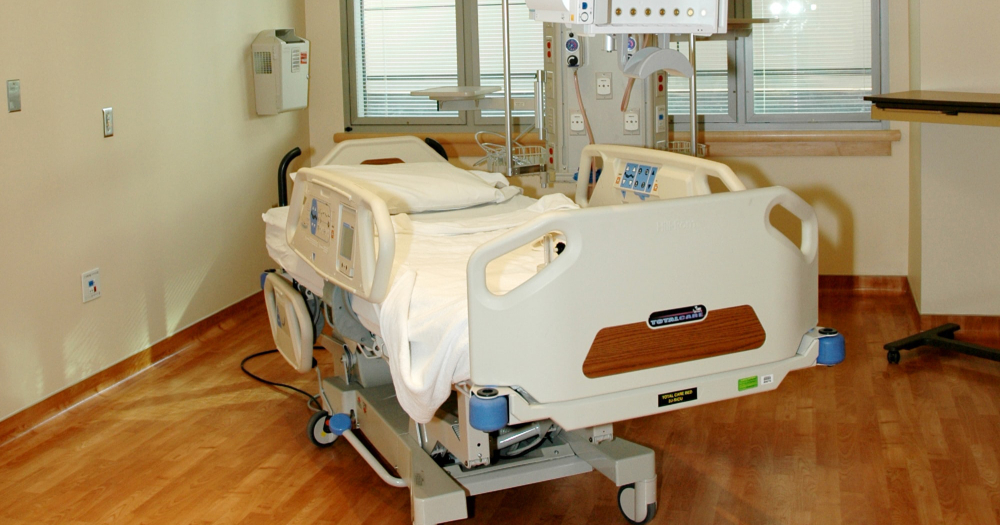The Multi-Ministry Taskforce announced on Tuesday, May 19 three phases of re-opening from June 2.
In a Ministry of Health (MOH) release on May 22, MOH elaborated on the details regarding healthcare services resuming in a "gradual and controlled manner".
Hospital visitation in Phase 1
During Phase 1, MOH said that they will allow visitors from the same or one other household to visit loved ones who have been hospitalised.
To protect patients who are still vulnerable, a maximum of five such visitors can pre-register with the hospital.
Only one person will be allowed to visit at a time.
Hospitals may also introduce further measures to space out visitations and avoid crowding.
To ensure the safety of staff and patients in healthcare establishments, all staff will continue to adhere to necessary precautions including the wearing of masks and ensuring regular cleaning of activity equipment and shared spaces.
Patients and caregivers must also do their part by wearing a mask at all times and maintaining good personal hygiene when seeking treatment.
In Phase 2, the Ministry said that they will consider further easing the visitor restrictions, to allow more family members and friends to visit loved ones admitted to hospitals.
However, this will still be subject to overall visitor caps.
More medical services to resume
From June 2, patients may also expect specialist outpatient services, medical procedures and allied health services for patients with higher needs to resume.
These include care that has been deferred for some months and cannot be deferred further without affecting clinical outcome.
Some examples include surgeries for visually significant or advanced cataracts, hearing implants in children, joint surgeries for patients with severe impairment, all in-vitro fertilisation services, surveillance services including scopes for high-risk groups, and diabetic foot screening.
Chronic disease management, including the provision of ancillary services, will also resume for patients, prioritised by healthcare providers based on medical necessity and available capacity.
Preventive health services, such as vaccinations for flu, pneumococcal and other recommended adult vaccinations, and pre-enlistment screening will recommence.
Ongoing dental procedures including scaling and polishing, fillings, crowns, dentures and orthodontic treatment can also resume, with appropriate precautions.
Top photo by National Cancer Institute on Unsplash
If you like what you read, follow us on Facebook, Instagram, Twitter and Telegram to get the latest updates.
